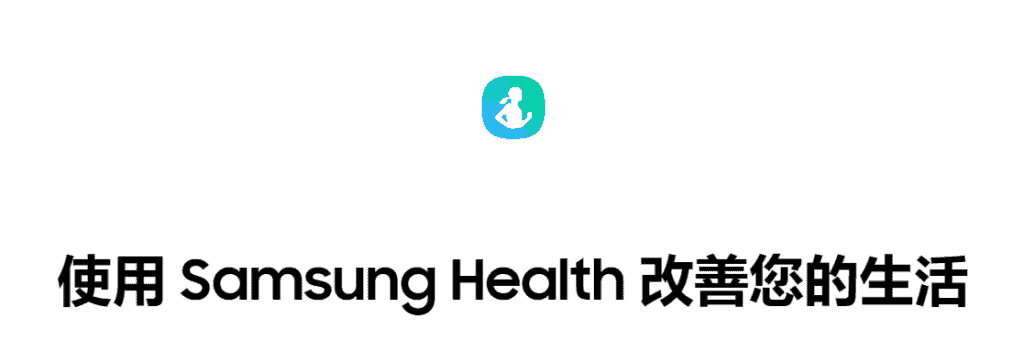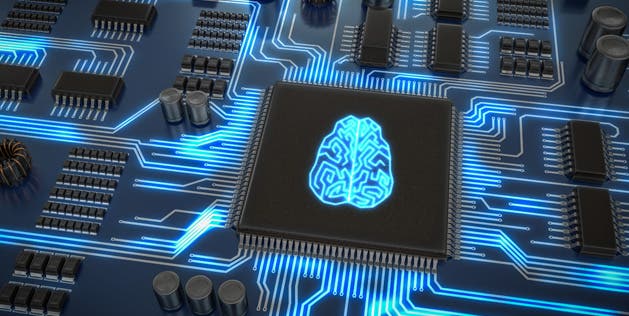Earlier this year, Samsung promised to stop displaying ads in default apps, including Samsung Weather, Samsung Pay, and Samsung Themes. Yesterday, Samsung officials announced in the community forum that Samsung Health App has removed ads today. Officials said that from October 1st, the ad banners on the top of the Samsung Health app will no longer be there. In addition, another community member’s post revealed that Samsung had also removed ads from Samsung Pay.

The South Korean manufacturer previously stated in a statement: “We have decided to stop advertising on proprietary apps including our Weather, Pay, and Themes apps. The update will be later this year…Our priority is to provide consumers with innovative mobile experiences based on their needs and desires,”.
Samsung added, “We value user feedback and continue to work hard to provide them with the best of our Galaxy products and services…”

Samsung reveals neuromorphic chip tech that mimics the brain
Recently, Samsung published a paper titled “Neuromorphic Electronics based on copying and pasting the brain”. It talks about a new way to copy the brain’s neuronal connection map and paste it on a high-density three-dimensional network of solid-state memories. The paper comes as a partnership publication between engineers from Samsung and Harvard University. It uses a breakthrough nanoelectrode array developed by Dr. Donhee Ham and Dr.Hongkun Park. The paper talks about creating a memory chip that approximates the unique computing traits of the brain. In other words, it’s a concept that will be revolutionary if it succeeds.

The main goal behind the paper is to reverse engineer the brain through a neuromorphic method. It talks about methods of extracting the neuronal wiring map of a human brain, thereby “copying” it. Then, the system will effectively “paste” it onto a network of non-volatile memories. These special and engineered non-volatile memories will learn and express the neuronal connection map. They will only need intracellularly recorded signals.
Unfortunately, Samsung is still at the beginning of the development of this technology. So, at least for now, there aren’t applications of the research. We assume that it still is several years away from becoming commercially available. However, the company will still explore these concepts to apply them in current solutions. For example, the company will study neuromorphic engineering and use some of its resources to develop its next-generation AI semiconductors.
The truth is that it’s hard to predict how the industry will be ten, twenty, or thirty years into the future. However, we will be miles away from what we consider “modern”. So, maybe a couple of years in the future, neuromorphic chips will be the standard.





